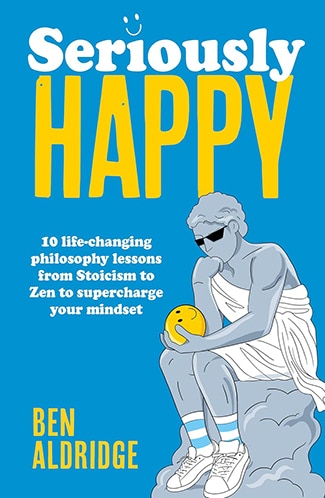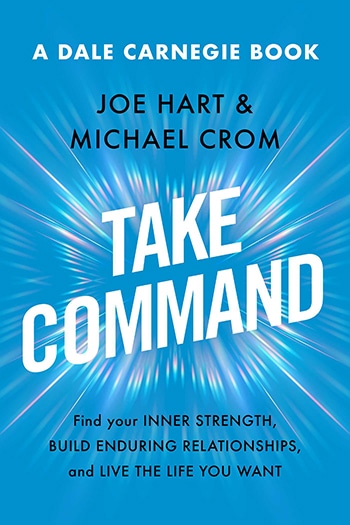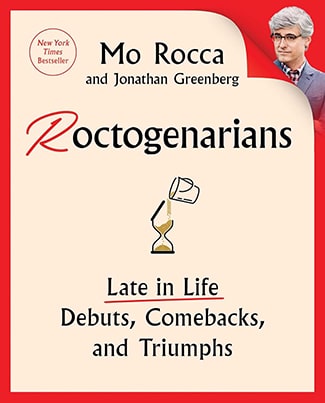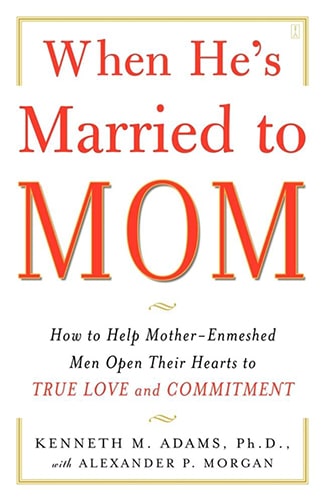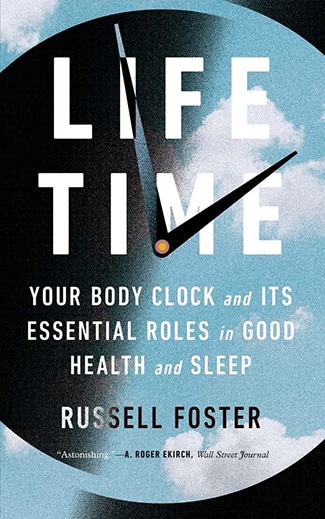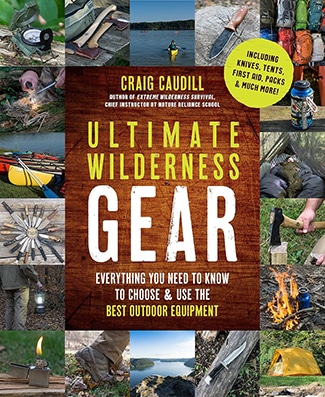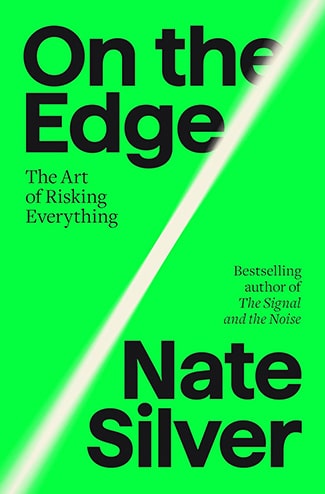Podcast Summary
The Importance of Proper Breathing for Mental and Physical Health: Poor breathing can lead to increased stress, poor sleep, poor mental function, and even poor digestion. Proper breathing techniques can significantly improve overall health and well-being.
Proper breathing is essential for both physical and mental health, yet many people unknowingly breathe incorrectly. Clinical psychologist Belisa Vranich, author of "Breathe: The Simple, Revolutionary 14-Day Program to Improve Your Mental and Physical Health," explains how poor breathing can lead to increased stress, poor sleep, poor mental function, and even poor digestion. Belisa's personal and professional experiences led her to explore the importance of breathing and how to retrain people to breathe effectively. Her father's health issues, caused by poor exhaling, are a common issue for older adults. By understanding and practicing proper breathing techniques, individuals can significantly improve their overall health and well-being.
Modern lifestyles lead to incorrect breathing patterns causing health issues: Correct your breathing by expanding horizontally in the middle of your lungs, not using shoulders, for optimal health benefits
Our breathing patterns have become incorrect due to modern lifestyles, leading to various health issues. A personal experience with a history professor suffering from vascular dementia, which is caused by insufficient oxygen supply to the brain, motivated the speaker to explore the importance of proper breathing. The human body is designed to breathe horizontally, expanding and contracting in the middle of the lungs. However, most people, including ourselves, have adopted a vertical breathing pattern, using shoulders to inhale, which is inefficient and can negatively impact our health. This includes issues with pH and acidity, back and stomach health, and ability to sleep and relax. To check if you're breathing correctly, try sitting up straight at the front of your chair and taking a deep breath through your mouth. If your shoulders rise, you're likely taking a vertical breath. Instead, aim for shoulders not moving during inhalation and expanding horizontally. Proper breathing is crucial for maintaining good health, so it's essential to pay attention to our breathing habits.
Focus on horizontal breathing for better health and sleep: Proper breathing using diaphragm and lungs improves relaxation, lowers cortisol, and enhances overall health and sleep quality
The way we breathe significantly impacts our overall health and ability to sleep. Vertical breathing, which is breathing using only the upper part of the chest, can lead to various health issues such as increased cortisol levels, high heart rate, and blood pressure. This constant state of alertness makes it difficult for the body to relax and switch off, leading to poor sleep quality and chronic stress. To improve both our physical and mental wellbeing, it's crucial to focus on horizontal breathing, using the diaphragm and the largest part of the lungs to take deep, full breaths. This promotes relaxation, lowers cortisol levels, and allows the body to recover effectively. By prioritizing proper breathing techniques, we can enhance our overall health and improve our sleep quality.
The Importance of Proper Breathing for Physical and Mental Health: Proper breathing involves using the diaphragm and other muscles, ensuring optimal oxygen intake for brain function and overall health.
Proper breathing is essential for both physical and mental well-being. While intense focus and controlled breathing are necessary in certain professions, it's crucial to take breaks and practice expansive breaths to maintain optimal health. Our brains, which control our bodies and consciousness, require oxygen to function effectively. The diaphragm, a large muscle beneath the heart and above the digestive organs, is the primary muscle used for breathing. However, other muscles like the intercostals, obliques, abs, and even the pelvic floor, also play a role. Understanding the importance of these muscles and practicing proper breathing techniques can significantly improve overall health and well-being.
Understanding the shift in breathing patterns as we age: Awareness of breathing habits and practicing horizontal breathing can help maintain respiratory health and alleviate related issues as we age.
The way we breathe changes as we grow older, often shifting from a natural, horizontal breathing pattern to a vertical one. This transition can be influenced by various factors, including increased sitting, poor posture, and fear or self-consciousness. As a result, many adults end up breathing using their shoulders and upper chest instead of their diaphragms. To counteract this, it's important to be aware of our breathing habits and consider practices that encourage horizontal breathing, such as expanding our bellies when we inhale and focusing on breathing into our lower bodies. By doing so, we can improve our overall respiratory health and potentially alleviate related issues.
Belly Breathing: Engage Diaphragm for Efficient Breathing: Focus on engaging diaphragm and expanding body 360 degrees for efficient breathing, not just belly. Animals breathe this way naturally, it's a muscular workout.
Belly breathing is not about breathing into your stomach, but rather allowing your diaphragm to engage and expand your thoracic cavity. This beginner's breath helps get your diaphragm working properly, but the ultimate goal is to expand your body 360 degrees all around for a more efficient breath. Animals breathe this way naturally, using their middle bodies and the biggest part of their lungs. To become aware of this lower body breath, you can try lying down and placing books on your belly to feel it rise when you inhale. As you progress, you can start thinking of it as a muscular workout, engaging your diaphragm, intercostals, and obliques. To move on from belly breathing, focus on expanding your back and obliques in addition to your belly.
Improve wellbeing with proper breathing techniques during sleep: Proper breathing techniques involve filling belly during inhalation and squeezing it during exhalation for improved sleep quality and respiratory health.
Proper breathing techniques can significantly improve your overall wellbeing, especially during sleep. When lying down, it's essential to take a horizontal breath by filling your belly and exhaling while squeezing your middle. This movement can be compared to the cat-cow pose in yoga, where you alternate between arching and rounding your back while inhaling and exhaling, respectively. When seated or standing, you can apply the same principles by inhaling and expanding your belly, then exhaling and squeezing your belly button towards your spine. The key is to breathe horizontally by tipping forward and letting your belly go during inhalation and rolling back and squeezing during exhalation. Starting with the lying-down position can help you understand and master the technique, and then you can apply it while seated or standing. Remember, the movements are the same, but the positions are different. Practice these breathing techniques regularly to improve your sleep quality and overall respiratory health.
Focus on active exhale for efficient breathing: Effective breathing involves actively exhaling using muscles and relaxing during inhale to expand the body, leading to stronger core and better respiratory function.
Effective breathing involves more than just inhaling and letting go during the exhale. Instead, it's important to actively exhale by using your muscles to force air out of your lungs. This concept, known as Val Salva breathing, can help improve overall breathing efficiency and strengthen the breathing muscles. Additionally, during the inhale, it's important to relax and expand the body, while during the exhale, one should try to squeeze the belly and get all the remaining air out. This approach can help improve breathing for both vertical and horizontal breathers, leading to a stronger core and better overall respiratory function.
Engage pelvic floor muscles for effective breathing: Incorporating pelvic floor exercises into your breathing practice can improve overall core strength and respiratory function
Effective breathing involves engaging not just the diaphragm, but also the pelvic floor muscles. These muscles, which most people underestimate, are actually crucial for proper breathing and core stability. The pelvic floor, which consists of about 20 muscles, is connected to the diaphragm via the psoas muscles. When you breathe in, relax your glutes and pelvic floor, and when you breathe out, contract your lower abs and pelvic floor. Neglecting pelvic floor muscles can lead to dysfunction and herniation, affecting various populations including athletes, smokers, and overweight individuals. By incorporating pelvic floor exercises into your breathing practice, you can improve overall core strength and respiratory function.
Breathing's impact on digestion: Proper breathing promotes better digestion by massaging our intestines, while improper breathing patterns can disrupt this process.
Proper breathing techniques not only impact our respiratory system but also have a significant effect on our digestive system. When we breathe in, our diaphragm pushes down on our intestines, while exhaling causes our pelvic floor to contract and lift them up. This massage-like motion supports the wave-like motion of peristalsis in our digestive organs, promoting better digestion and potentially reducing acid reflux. However, improper breathing patterns such as vertical breathing or irregular breath cadence can disrupt this process. It's essential to practice and maintain a healthy breathing technique to maximize its benefits for both our respiratory and digestive systems.
Breathe Horizontally for Better Performance and Well-being: Changing your breathing style to utilize the largest part of your lungs can lead to improved performance, reduced anxiety, and better overall well-being.
The way we breathe significantly impacts various aspects of our lives, from our physical performance to our mental health. When we breathe vertically using only the smallest part of our lungs, it's challenging to maintain a slow and effective breathing pattern. To improve our breathing and reap the benefits of a slower breath, we need to change our style to horizontal breathing, utilizing the largest part of our lungs. This can lead to numerous improvements, such as enhanced performance in precision sports or careers, reduced anxiety, and better overall well-being. The speaker shared many inspiring stories of individuals whose lives were transformed through this simple yet powerful practice. To learn more about this approach, check out the speaker's book and work.
Learn effective breathing techniques from Dr. Belisa Vranich: Improve mental and physical health through 14-day breathing program, suitable for beginners to advanced levels, beneficial for COPD, anxiety, sleep issues, and more, available in book, audiobook, Facebook lives, email responses, and libraries.
Dr. Belisa Vranich, the author of the book "Breathe: The Simple, Revolutionary 14-Day Program to Improve Your Mental and Physical Health," offers a comprehensive resource for anyone seeking to improve their breathing techniques. Her website, drbellisa.com, is a great starting point, and the book is available at bookstores and online. For those who prefer audio, an audiobook version is also available. Dr. Vranich engages with her audience through Facebook lives and email responses, and libraries offer the book as well. The book covers all levels of breathing expertise, from beginner to advanced, and is beneficial for those with various conditions such as COPD, anxiety, or sleep issues. Overall, "Breathe" provides a wealth of tools and exercises to help individuals breathe better and improve their overall health.

